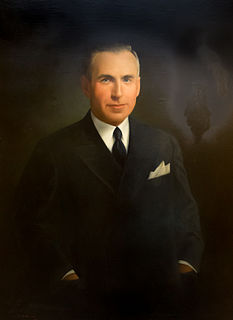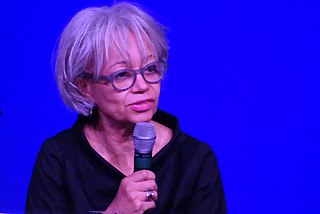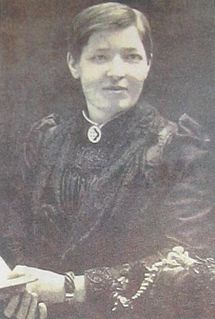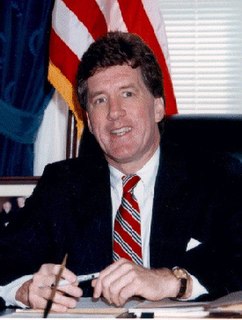A Quote by Shruti Haasan
We need to put an end to discrimination against women, and the power to bring about this change lies in our hands.
Related Quotes
If I only care about equality for transgender people, then I am leaving so many people behind - if I'm not at the same time seeking to end discrimination against people of color, seeking to end discrimination against women, seeking to ensure that people of every religious background have an equal opportunity.
When we see the need for deep change, we usually see it as something that needs to take place in someone else. In our roles of authority, such as parent, teacher, or boss, we are particularly quick to direct others to change. Such directives often fail, and we respond to the resistance by increasing our efforts. The power struggle that follows seldom results in change or brings about excellence. One of the most important insights about the need to bring about deep change in others has to do with where deep change actually starts.
Together we can change our culture for the better by ending violence against women and girls, artists have a unique power to change minds and attitudes and get us thinking and talking about what matters, and all of us, in our lives, have the power to set an example. Join our campaign to stop this violence.
Women do not enter a profession in significant numbers until it is physically safe. So until we care enough about men's safety to turn the death professions into safe professions, we in effect discriminate against women. But when we overprotect women and only women it also leads to discrimination against women. ...If [an employer works] for a large company for which quotas prevent discrimination, they find themselves increasingly hiring free-lancers rather than taking on a woman and therefore a possible sexual harassment lawsuit.
the solution to racism lies in our ability to see its ubiquity but not to concede its inevitability. It lies in the collective and institutional power to make change, at least as much as with the individual will to change. It also lies in the absolute moral imperative to break the childish, deadly circularity of centuries of blindness to the shimmering brilliance of our common, ordinary humanity.
Women represent 70 percent of the 1.3 billion people in our world who live in absolute poverty. Consequently, as Joan Holmes, president of the Hunger Project, points out, any realistic efforts to change patterns of chronic hunger and poverty require changing traditions of discrimination against women.

































